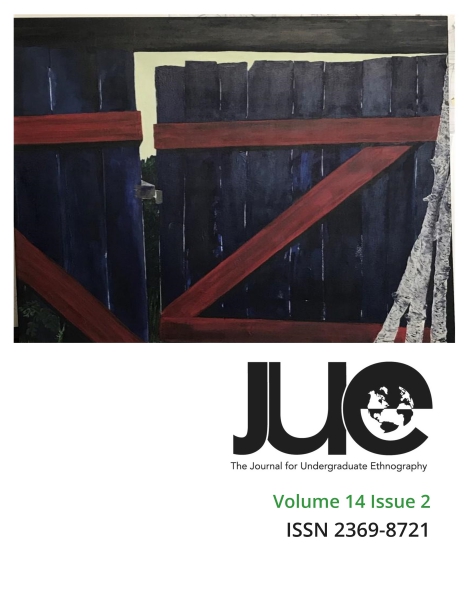The Hmong Language as a Connection between Past and Present in Rural Thailand
DOI :
https://doi.org/10.15273/jue.v14i2.12253Résumé
My ethnographic research took place in Pa Klang in Thailand during a university field school from late May to early August 2022. The Hmong are an ethnic group who originally lived in Southeast Asia in mountainous regions, supported by an agrarian lifestyle. Until the mid-nineteenth century, the Hmong language had no writing system and was based on oral traditions. The methods I used to gather data included observations of social interactions and participation in events, interviews, and surveys. Though most research about Hmong language maintenance has been done in the United States, diasporic Hmong communities exist in many parts of the world and assimilate into many different cultures while trying to sustain theirs. I focus my research on a Hmong community in Thailand. I argue that the younger Hmong generations have a different experience with language loss and maintenance in Thailand compared to the United States. I argue that Hmong youth in Thailand seek to learn more about their language in churches and university clubs to remain emotionally and linguistically connected to their friends and family, learn their roles in Hmong society, and pass the language on to future generations.


